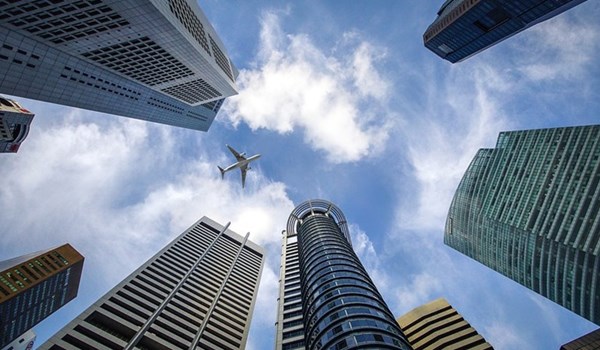Jurisdictions
Regions
Industry Sectors
10/05/22
SINGAPORE: Latest tax targets super rich.

As published on afr.com, Tuesday 10 May, 2022.
Singapore has imposed extra property taxes in a move seen by analysts as targeting the super wealthy, who are purchasing homes under opaque structures to avoid such levies.
Authorities will impose a 35 per cent additional buyer’s stamp duty on homes transferred into a trust where there is no identifiable beneficial owner, the Ministry of Finance said late on Sunday.
The latest tax, which takes effect this week, is meant to close a loophole used by people who have been purchasing multiple homes under trusts where it is not clear who the beneficial owner is, thus avoiding additional taxes, according to analysts at APAC Realty’s ERA unit and Cushman & Wakefield.
“The new rule is targeted at the wealthy,” said Nicholas Mak, head of research at ERA.
Singapore has been levying more duties on the wealthy to allay concerns of inequality in the city-state. In February, the government announced higher taxes on some incomes, property and luxury cars.
Singapore is known as one of the world’s property havens, and its residential market heated up last year, with prices surging the most in more than a decade. Sales of high-end bungalows – the city’s equivalent of mansions – tripled in 2021, according to Knight Frank Singapore.
Mr Mak said the latest move could deter some investors from snapping up homes in the city-state. “As more of the high-net-worth individuals come to Singapore, they’ll come up with opaque structures to buy residential homes to avoid the additional stamp duties,” he said.
The Ministry of Finance said in response to Bloomberg queries that it did not have data on transfers of homes into trusts where the additional levy was not applicable.
The extra tax announced “is intended to ensure a stable and sustainable residential property market” and its introduction arose from the government’s periodic policy review, it said, also responding to queries about whether the move could be seen as clamping down on people circumventing the rules.
In Singapore, a home buyer must pay stamp duty when the property is transferred into a living trust, and additional taxes are levied depending on the owner’s profile. But until the latest amendment, no extra tax was imposed if a property was put into a trust that had no identifiable beneficial owner.
Under the new rules, purchasers can obtain a refund if the identities of the beneficial owners are made known, with the amount corresponding to the owner’s tax profile.
Creating a trust is not cheap. Given the complexity of setting one up and depending on the law firms employed, costs can reach $S20,000 ($20,700) or more, according to information published on DBS Group Holdings’ website. On top of that, there may be annual maintenance fees.
As such practices may be out of reach for the mass market, analysts do not expect the new rules to affect sales or price momentum, which is holding steady despite new cooling measures imposed in December.
“The impact of the new rules will be minimal on the overall residential market,” said Wong Xian Yang, head of research at Cushman & Wakefield.
Transferring residential real estate into living trusts is not unusual. For example, parents may use a trust to buy a home in the name of a child who is younger than 21, Mr Mak said. That underage child is usually a Singaporean citizen who does not own any other residential property and hence is exempted from paying additional stamp duties.
But there are also instances where homes are purchased under trusts with no clarity on the buyer’s identity. For example, the beneficial owner could be another trust, and the owner of the second trust could be a third, Mr Mak said. Such cases were rare among the tens of thousands of private housing units transacted each year, he added.
“Some high-net-worth individuals or family offices may use complex multi-layer ownership structures to mask the true ownership of certain assets.”



